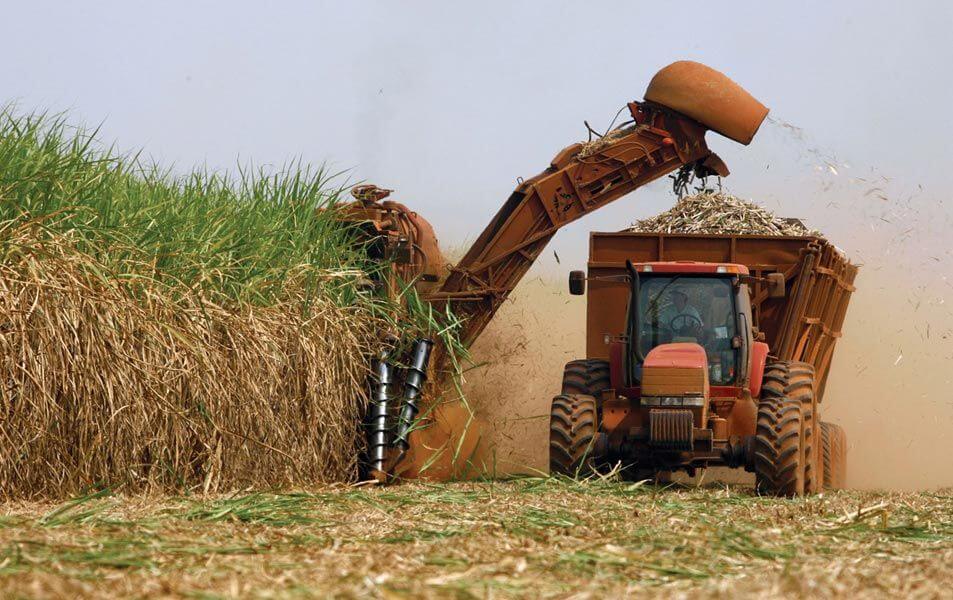Hippo Valley plans to invest US$15 mln to modernise operations
HARARE – In order to modernise its operations, Hippo Valley plans to invest US$15 million. This significant investment will go towards upgrading its production facilities and introducing new, high-yielding sugarcane varieties, demonstrating the company’s commitment to sustainable growth and innovation in the sugar industry.
With a combined milling capacity of over 4.8 million metric tonnes of cane annually, Hippo Valley is one of Zimbabwe’s largest sugar producers. Its two estates, Hippo Valley Estates and Triangle Sugar Mills, produce over 640,000 tonnes of sugar per year. Additionally, the company’s refining capacity stands at 140,000 metric tonnes per year.
On the sidelines of the company’s AGM this morning, Hippo CEO Tendai Masawi stated, “We need to spend capital.” I estimate that we will need to spend approximately 15 million US dollars to completely retool the entire plant.
The company is not only retooling the plant, but also focusing on the agronomy side, which is its primary business, as they aim to introduce new varieties into their fields to boost Hippo’s yields. “It’s not only retooling the plant. In terms of agronomy, we must also introduce new varieties to our fields, as this will lead to improved yields, he stated.
Masawi emphasised Hippo Valley’s careful approach to funding the retooling: given Zimbabwe’s history of currency swings, especially the recent introduction and subsequent devaluation of the ZIG, the company was hesitant to rely only on bank loans.
The CEO explained that borrowing 100% of the required funds in US dollars would expose Hippo Valley to significant currency risk; instead, Hippo is looking into a more diversified funding approach, including internal resources, equity investments, and possibly government subsidies, to mitigate the potential negative effects of currency depreciation. This strategic decision demonstrates the company’s dedication to financial discipline and resilience in the face of Zimbabwe’s economic woes.
In terms of performance for the period under review, the company reported an increase in the volume of cane handled compared to the previous year. For the current year, cane milling increased by 9% to 1 228 951 metric tonnes, while sugar output increased by 8% to 150 982 metric tonnes from 139 231 metric tonnes the previous year.
The rise is due to enhanced plant availability, cane quality, and mill efficiencies following successful off-crop maintenance, as well as higher cane deliveries in line with full-year expectations.
The CEO explained that Hippo Valley’s export sales had decreased compared to the previous year due to increased competition from imported sugar. The opening of borders and the subsequent influx of imported sugar have saturated the market, limiting Hippo Valley’s ability to maximise its exports.
However, the corporation was taking a more strategic approach to exporting. With the recent installation of sugar tariffs, Hippo Valley was focussing on key markets, such as the United States, Botswana, and Madagascar, where they already had a presence and levies were lower.
This targeted export strategy aims to boost revenue and fund the company’s operations, such as farmer payments and fertiliser purchases.
“We don’t just pump sugar out of our export market. Our aim initially is to ensure that we cover the domestic market. We serve specific markets. Under what we refer to as the United States Tariff Quarters, we receive a premium for our exports. We are also exporting to the sugar industry, where we operate a sugar packing station. We also engage in commercial exports, sending sugar from our facility to countries such as Madagascar.
The company plans to allocate 20% of its production to exports, and it is actively exploring new markets, including the Democratic Republic of Congo. “We have a team on the ground looking at DRC. We believe that the DRC presents a significant market for us to explore. Discussions with that country are already at an advanced stage, according to Masawi.











